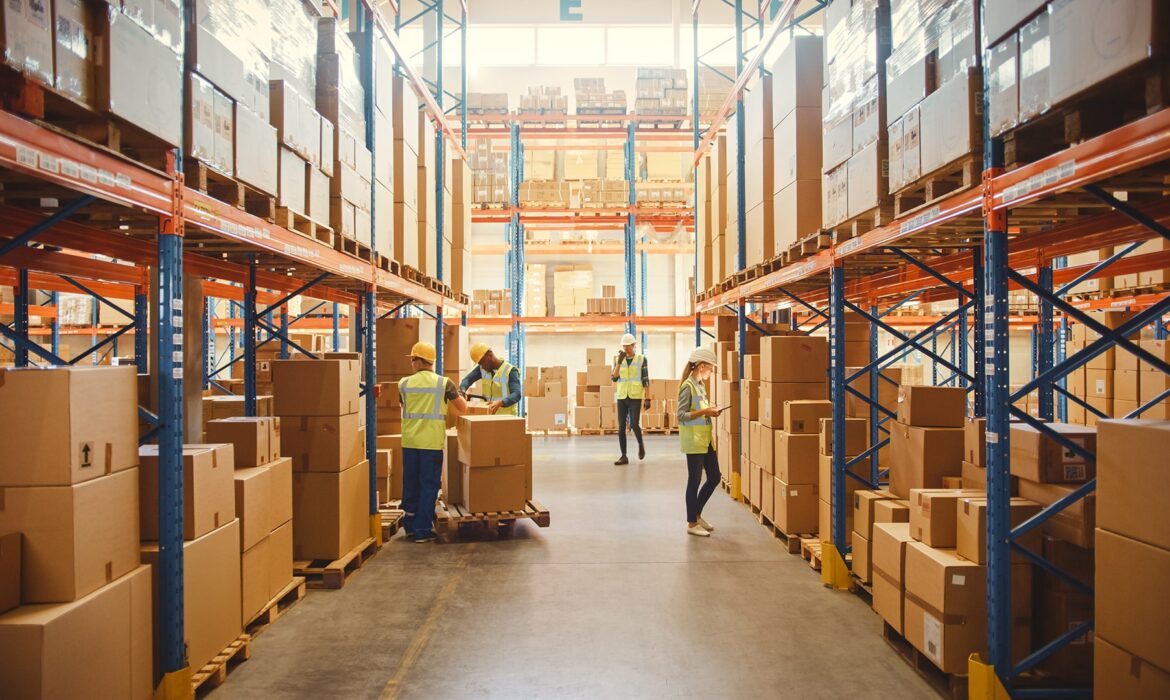
Chinese EV migration to Europe – a win-win deal
The EU commission has also stated that it is “open to a mutually acceptable solution” on the subject of Chinese EV imports. While a path to agreement is likely to take time, it could be a win-win for the EU and China.
How cost-carbon efficient is your NPD process?
New product development (NPD) in the FMCG sector often comes with high cost and carbon implications. Businesses must create a holistic process that considers these aspects from ideation through to waste minimisation.
Right size your inventory
By reviewing inventory management across the value chain, there could be an opportunity to right size stock and optimise much-needed working capital.
The challenge of used EV achieving price parity
Used EVs are now attracting residual values close to those of used ICE vehicles. However, barriers to sale remain, with many consumers still concerned about access to charging infrastructure and total running costs.
Using GenAI to achieve operational excellence
The boom in Generative AI is creating new opportunities for aerospace and defence sector manufacturers. Used correctly, GenAI capability can help to optimise production processes, improve supply chain resilience, ringfence knowledge and reduce costs.
Digital supply chain collaboration is a new deterrent
Ongoing instability has brought pressures for defence industry manufacturers, requiring greater focus on supply chain resilience. Working collaboratively helps to mitigate supply chain risks, while creating a stronger national deterrent.
Challenging times for A&D supply chains
By developing a ‘digital backbone’ that others can key into, OEMs and Tier One manufacturers can give themselves a competitive edge in collaborative programmes, where end-to-end supply chain integration is required.
How Strategic Initiatives are Transforming the Mining Industry: Taking Major Steps on the Road to Net Zero
The mining industry is taking major steps on its road to Net Zero. In this report we explore the challenges, the opportunities and the 5 steps to create certainty around business growth.
The AI advantage: get ready for battery passports
With greater transparency comes greater responsibility to ensure the supply chain is operating ethically and sustainably.